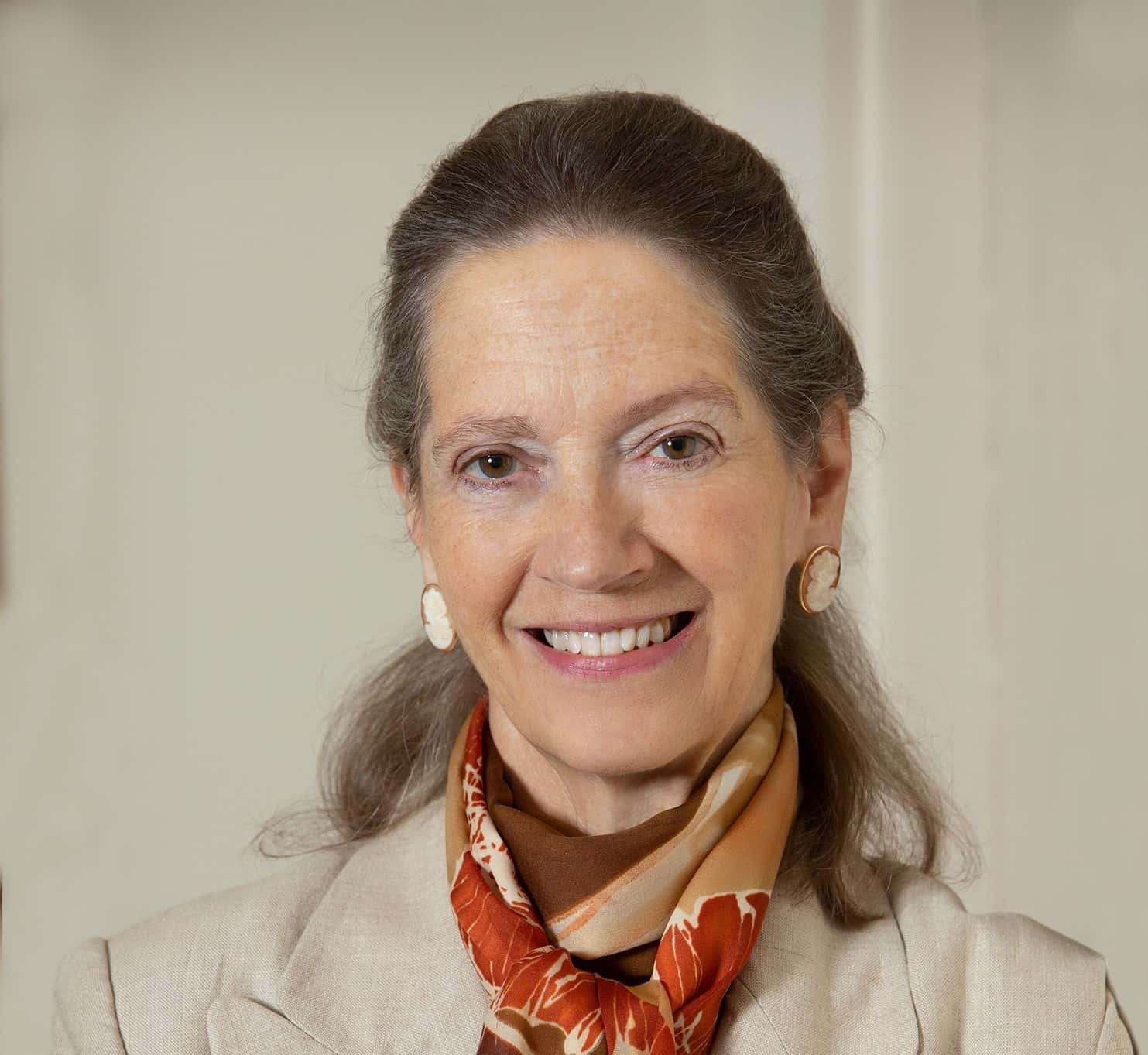
What You Need to Know About Hoarding Disorder
We have heard that some people used their time locked down at home during the pandemic to clean out their closets and clear away the clutter. For others, though, we suspect that such projects would have been overwhelming or possibly even undesirable. Perhaps you know someone with hoarding symptoms such as excessive acquiring activities, difficulty discarding things or trouble organizing clutter. Where do we draw the line between such hoarding behaviors and hoarding disorder?
What You Need to Know About Hoarding Disorder:
There is a difference between collecting and hoarding. Most people are proud of their collections and enjoy showing them off. Usually they get pleasure from organizing the items in the collection. People with hoarding disorder might not know where each plastic food container came from or why it is special, but the idea of getting rid of it is distressing.
Plenty of us may find that papers pile up over time. Filing or getting rid of them can be a difficult undertaking. But a messy desk in itself doesn’t mean that a person has a hoarding disorder. However, if someone gets to the point where they are keeping papers in the oven because every other surface or space is already occupied, that could be a red flag. It also means that you can’t use the oven for its intended purpose, which is one of the criteria of hoarding disorder.
Living with a Hoarder:
When a partner starts to accumulate stuff that seems to be interfering with the usual function of a household, it can be a real challenge. Even though hoarding may have some overlap with other psychiatric disorders, such as obsessive compulsive disorder or depression, treatments for those conditions don’t always help an individual faced with a huge heap of clutter. Instead, cognitive behavioral therapies tailored specifically for hoarding disorder may be most helpful. Focusing on the individual’s values and goals is essential before they starty to practice discarding items. How can motivational enhancement contribute to managing this problem?
How Friends and Family Members Can Help:
Once a person begins to be able to discard unnecessary items or make room for essential household functions like cooking or sleeping, they will need social support in the home to maintain their gains.
Therapists have found that one approach that is not helpful is criticizing the person with hoarding disorder. On the other hand, when the behavior puts the community at risk (just think about keeping papers in the oven in an apartment building), there is room for a community-based harm reduction approach. How does that work? Our guests describe the most important things for us to know about hoarding disorder.
This Week’s Guests:
Dr. Gail Steketee is Dean Emerita and Professor Emerita at the Boston University School of Social Work. Her work has focused on the nature of hoarding symptoms including difficulty discarding, clutter, and excessive acquiring. She has developed and tested cognitive and behavioral treatments for OCD and hoarding. She is the author of several books, including Hoarding, What Everyone Needs to Know (with Christiana Bratiotis). The photo is of Dr. Steketee.
Christiana Bratiotis is an Associate Professor in the School of Social Work at The University of British Columbia and Associate Director of the UBC Center for Collaborative Research on Hoarding in Vancouver, Canada. She pioneered work in the formation and operation of multi-disciplinary community hoarding task forces and is the leading global authority on implementing community-based interventions for hoarding. Her current research interests center on hoarding treatment and intervention efforts in the context of affordable housing and community-based organizations. Professor Bratiotis is the author of several books, including Hoarding, What Everyone Needs to Know (with Dr. Gail Steketee).
Listen to the Podcast:
The podcast of this program will be available Monday, Jan. 17, 2022, after broadcast on Jan. 15. You can stream the show from this site and download the podcast for free.

